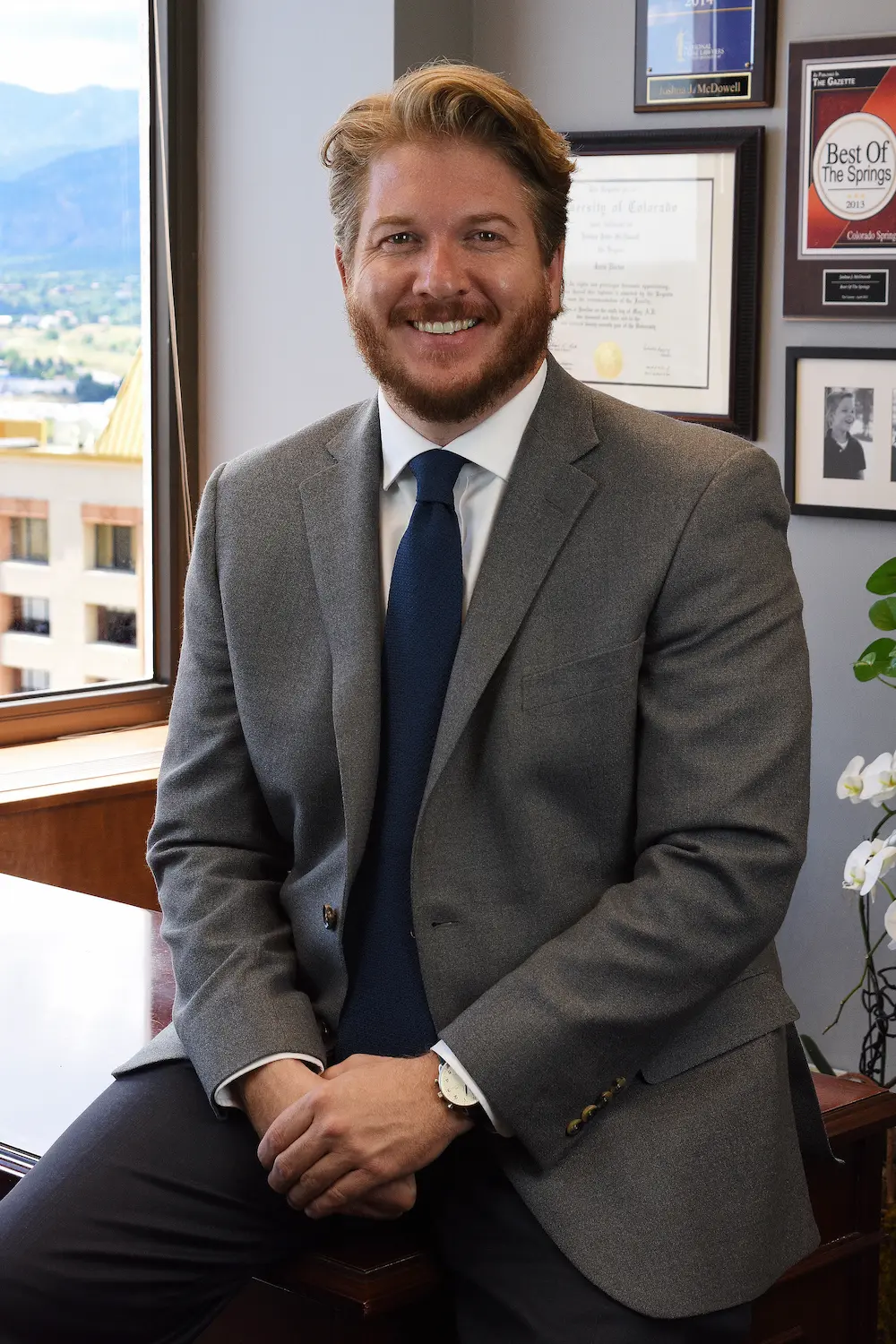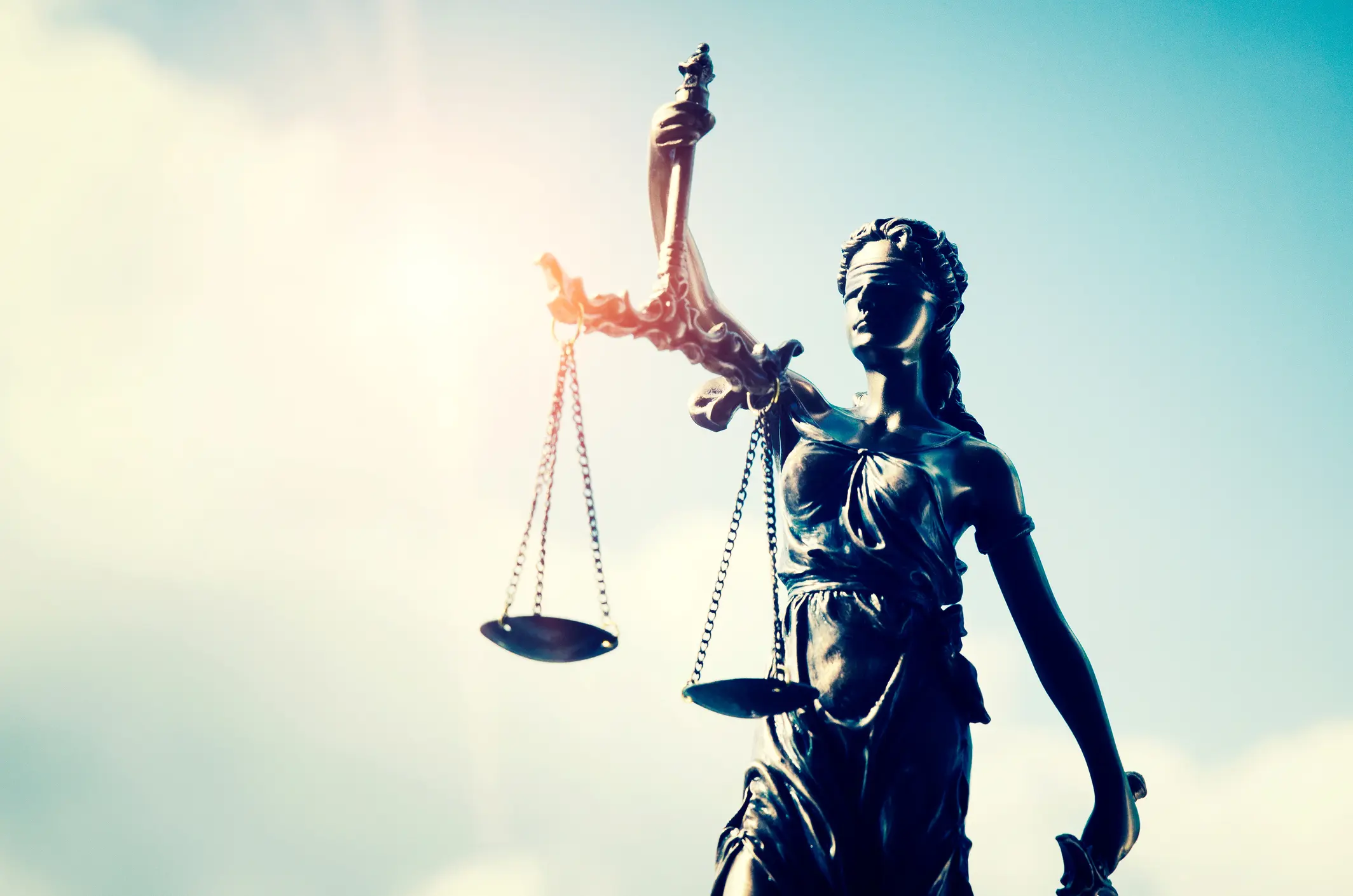In any criminal case, the lawfulness of police encounters is often central to the defense. Two of the most important — and most misunderstood — legal concepts are reasonable suspicion and probable cause.
Both come from the Fourth Amendment of the U.S. Constitution, which protects individuals against unreasonable searches and seizures, and both are recognized in Colorado law.
However, they are not interchangeable. Reasonable suspicion and probable cause represent different thresholds of evidence, and they apply at different stages of police encounters. Understanding these distinctions is crucial for anyone facing criminal charges in Colorado, especially in cases involving traffic stops, drug searches, DUI arrests, or search warrants.
Let’s look at what these terms mean, how they apply in real cases, and why they matter.
What Is Reasonable Suspicion?
Definition of Reasonable Suspicion
Reasonable suspicion is the lower of the two standards. Under Colorado and federal law, reasonable suspicion exists when a law enforcement officer has specific, articulable facts that would lead a reasonable officer to believe that criminal activity is afoot.
In other words, it’s more than just a vague hunch or gut feeling. The officer must be able to point to objective circumstances — such as behavior, appearance, time of day, or location — that justify temporarily detaining or stopping someone for further investigation.
The leading U.S. Supreme Court case on this issue is Terry v. Ohio, 392 U.S. 1 (1968), which created what is commonly known as the “Terry stop.” Colorado courts follow this precedent closely.
Example of Reasonable Suspicion in Colorado
Suppose an officer sees a person pacing nervously near parked cars late at night in a high-theft area of Colorado Springs, looking into car windows. The officer approaches and initiates a stop. Even if no law has clearly been broken yet, the officer likely has reasonable suspicion to briefly detain the individual to ask questions.
Another example is a traffic stop. In People v. Chavez-Barragan, 2016 COA 97, the Colorado Court of Appeals held that an officer who observed a driver crossing the fog line and exhibiting erratic driving had reasonable suspicion to initiate a DUI stop.
Key Point:
Reasonable suspicion allows officers to briefly detain a person and investigate further, but it does not permit them to make an arrest or conduct a full search.
What Is Probable Cause?
Definition of Probable Cause
Probable cause is a higher legal standard. It exists when the facts and circumstances known to the officer are sufficient to lead a reasonable person to believe that a crime has been, is being, or is about to be committed.
Probable cause is required to:
- Make an arrest,
- Obtain a search warrant,
- Or conduct certain warrantless searches (such as of a vehicle under the automobile exception).
Probable cause is enshrined in both the U.S. Constitution and Colorado Constitution, Article II, Section 7: “The people shall be secure in their persons, papers, homes and effects, from unreasonable searches and seizures; and no warrant to search any place or seize any person or things shall issue without describing the place to be searched, or the person or thing to be seized, as near as may be, nor without probable cause, supported by oath or affirmation reduced to writing.”
Example of Probable Cause in Colorado
Let’s say an officer stops a driver for failing to maintain their lane (also called “weaving” or “swerving”). During the interaction, the officer smells alcohol, observes slurred speech, and the driver fails roadside sobriety tests. These facts, taken together, likely establish probable cause for a DUI arrest.
Another example is from People v. Zuniga, 2016 CO 52. The Colorado Supreme Court held that the smell of marijuana alone, post-legalization, does not necessarily establish probable cause for a search of a vehicle, because simple possession of marijuana is legal in many circumstances.
However, the odor combined with other indicators of criminal activity (like visible contraband or admissions of illegal quantity) could support probable cause.
The Court in Zuniga found, “As the United States Supreme Court has stated, the totality of the circumstances test for probable cause is an “all-things-considered approach,” Harris, 188 S.Ct., at 1055, and its “ultimate touchstone” is reasonableness, Riley, 184 S.Ct.
at 2482 (quoting Stuart, 547 U.S. at 403, 126 S.Ct. 1948), A possible innocent explanation or lawful alternative may add a level of ambiguity to a fact’s probative value in a probable cause determination, but it does not destroy the fact’s usefulness outright and require it to be disregarded.”
Key Point:
Probable cause empowers police to take more invasive action — such as making an arrest, obtaining a warrant, or conducting a search.
Comparing the Two: Reasonable Suspicion vs. Probable Cause
| Factor | Reasonable Suspicion | Probable Cause |
| Standard of Proof | Low threshold; based on specific, articulable facts | Higher threshold; facts sufficient to believe a crime has occurred |
| Purpose | Justifies brief stops and investigative detentions | Justifies arrests, search warrants, or warrantless searches |
| Example in Practice | Officer observes erratic driving; initiates traffic stop | Officer detects odor of alcohol, observes signs of impairment; makes DUI arrest |
| Legal Foundation | Terry v. Ohio, C.R.S. cases | Fourth Amendment, Colo. Const. Art. II, Sec. 7 |
| Application in Court | Defense can challenge the initial stop | Defense can challenge the arrest, search, or seizure of evidence |
Why the Difference Matters in Criminal Defense
Understanding whether police had reasonable suspicion or probable cause can make or break a criminal case in Colorado.
1. Suppression of Evidence:
If the initial stop lacked reasonable suspicion, or if the arrest lacked probable cause, any evidence obtained afterward — such as confessions, breathalyzer results, or seized contraband — may be suppressed under the exclusionary rule. Evidence found during an illegal search is also known as the “fruit of the poisonous tree”.
2. Motion Practice:
Criminal defense attorneys in Colorado often file motions to suppress evidence based on violations of Fourth Amendment rights. These motions challenge whether police acted lawfully at every stage of the encounter.
3. Trial Strategy:
A strong understanding of these concepts allows defense counsel to cross-examine police officers effectively and highlight inconsistencies in their justification for the stop or search.
How Colorado Courts Evaluate These Standards
Colorado courts use a “totality of the circumstances” approach to evaluate both reasonable suspicion and probable cause. There’s no strict checklist; instead, courts look at all the facts known to the officer at the time of the stop or search.
The evolving marijuana laws in Colorado law provide an interesting example. The odor of marijuana, once a near-automatic probable cause factor, is no longer sufficient by itself post-legalization. Officers must now articulate additional facts suggesting illegal conduct.
Final Thoughts
The difference between reasonable suspicion and probable cause is fundamental to your constitutional rights in Colorado. While reasonable suspicion justifies a brief stop or detention, probable cause is required for an arrest or search.
When law enforcement oversteps these boundaries, it opens the door for defense attorneys to challenge the legality of the stop, search, or arrest — and potentially get crucial evidence thrown out of court.
If you or a loved one is facing criminal charges in Colorado, it is essential to consult an experienced Colorado defense attorney who can scrutinize the police’s actions and protect your rights at every stage of the case.
Need Help?
At the McDowell Law Firm, our Colorado Springs criminal defense attorneys aggressively defend your constitutional rights and challenge unlawful police actions. We handle cases throughout Colorado, including Colorado Springs, Monument, Fountain, El Paso County, and Teller County. Contact us today for a free consultation. 719-227-0022.

